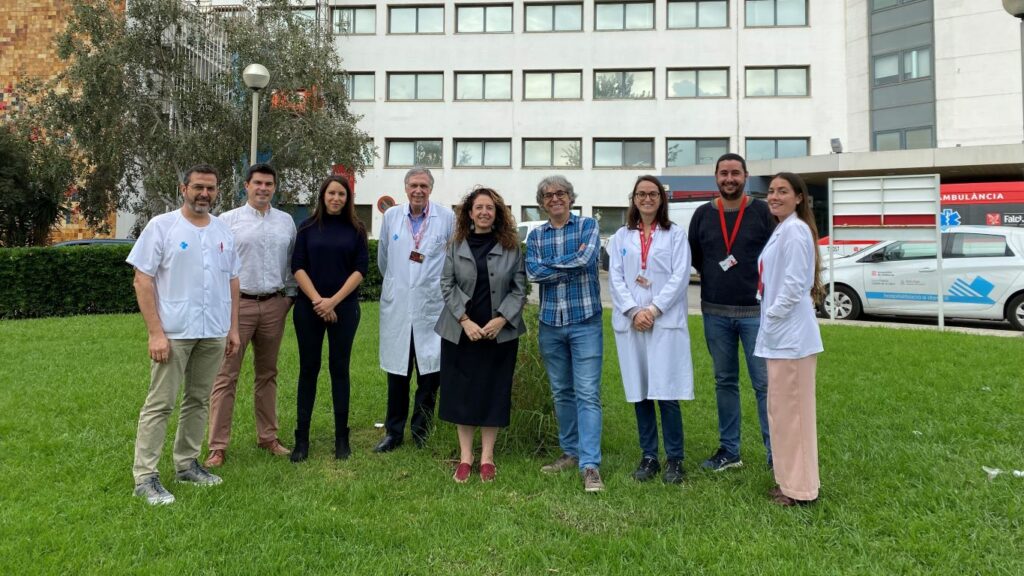The 2021 edition of La Marató by TV3, Catalunya Ràdio and Digital Media collected 12.1 million euros. This edition, dedicated to mental health, has made it possible to raise public awareness of disorders with many stigmas that, according to experts, one out of every 4 people will have in their lifetime, and they continue to increase, especially among the younger population.
The funds raised will allow 81 research teams to carry out 36 projects in mental health. A remarkable injection of resources that will promote the creation of new tools for prevention and diagnosis, as well as more efficient treatments with the aim of gaining more years and a better quality of life for patients and their families.
Among the 36 projects selected is the one led by Dr. Maria del Pino Alonso, principal researcher at IDIBELL and the Bellvitge University Hospital (HUB), where Dr. Carles Soriano from IDIBELL also participates. The project, which has received almost 400,000 euros, looks for new biomarkers predicting the long-term evolution of people with obsessive-compulsive disorder (OCD), and will be developed in collaboration with researchers from the Child and Adolescent Psychiatry Service of the Hospital Clínic from Barcelona.
Although effective pharmacological and psychological therapies are available to treat OCD, the long-term prognosis of the disease continues to be debated, so it is essential to identify factors that predict its evolution. In the project of IDIBELL and HUB, a cohort of 300 patients diagnosed with OCD, including children, young people and adults, will be created. They will be offered treatment for the disease and will be given different functional tests. Among others, an analysis of brain functional connectivity and polygenic risk scores will be used to characterize the neurobiological predictors and mechanisms that explain the long-term evolution of OCD.
The aim of the project is to classify patients according to the evolution of their symptoms and to identify the responsible mechanisms and the most relevant predictors. Dr. Alonso assures that: “This will allow us to optimize the therapeutic approach, developing personalized strategies based on neurobiological evidence“.
The Bellvitge Biomedical Research Institute (IDIBELL) is a biomedical research center created in 2004. It is participated by the Bellvitge University Hospital and the Viladecans Hospital of the Catalan Institute of Health, the Catalan Institute of Oncology, the University of Barcelona and the City Council of L’Hospitalet de Llobregat.
IDIBELL is a member of the Campus of International Excellence of the University of Barcelona HUBc and is part of the CERCA institution of the Generalitat de Catalunya. In 2009 it became one of the first five Spanish research centers accredited as a health research institute by the Carlos III Health Institute. In addition, it is part of the “HR Excellence in Research” program of the European Union and is a member of EATRIS and REGIC. Since 2018, IDIBELL has been an Accredited Center of the AECC Scientific Foundation (FCAECC).

